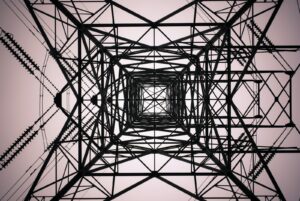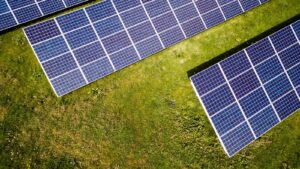How to…turn cocoa beans into electricity for off-grid Ghanaian farmers
UK researchers have developed a new green technology to generate electricity from discarded cocoa pod husks, which they hope will benefit Ghanaian farming communities with little or no access to grid power.
The project, led by the University of Nottingham, aims to spawn an entirely new biofuel industry which would create new local jobs for the collection and transportation, treatment, storage and processing of this potentially lucrative byproduct.
A community energy cooperative model has been proposed that will help the farmers to make money from their new bio-energy source.
The next stage of the project will be characterising the four different types of cocoa pods commonly farmed in six regions of Ghana for their potential use as biofuels and to design and build a small-scale bio-power electricity generation unit that burns the cocoa pod husks.
Joe Darkwa, professor of energy storage technologies in the Faculty of Engineering said: ‘Ghana is the second highest producer of cocoa in the world and every ton of cocoa beans harvested generates 10 tons of cocoa pod husks.
‘In the past, this waste material was underutilised, however, feasibility studies indicate that cocoa pod husks could be converted into valuable bio-fuels; an important energy supply for rural areas that have only 15% electricity coverage at present.
‘If successful, this new bio-energy infrastructure would support the Ghanaian government’s aim for universal access to electricity by 2030.’
Nottingham academics are also collaborating with the Centre for Energy, Environment and Sustainable Development (CEESD) Ghana, Ghana Cocoa Board (COCOBOD) and Kwame Nkrumah University of Science and Technology (KNUST) in Ghana where the bio-power unit will be installed and monitored by researchers.















